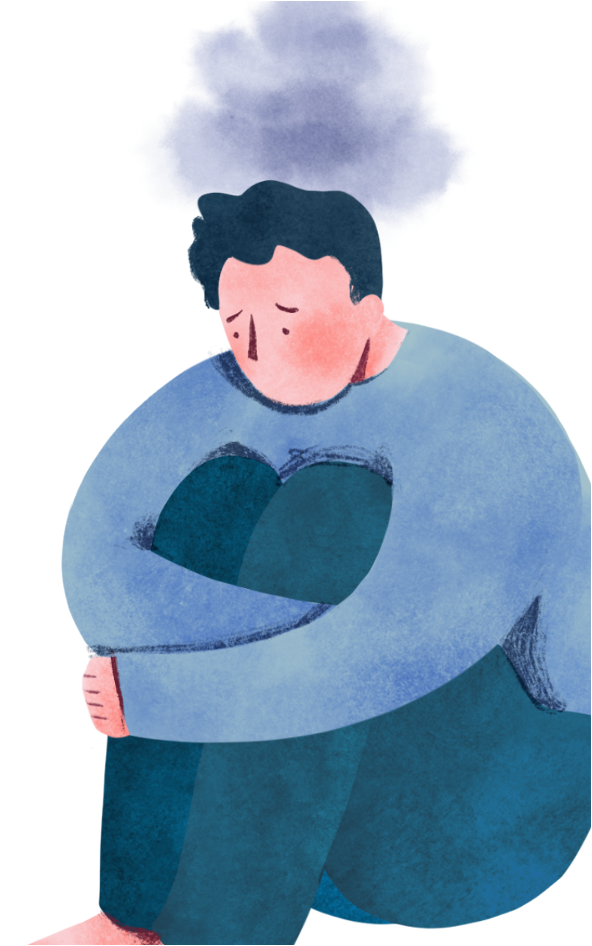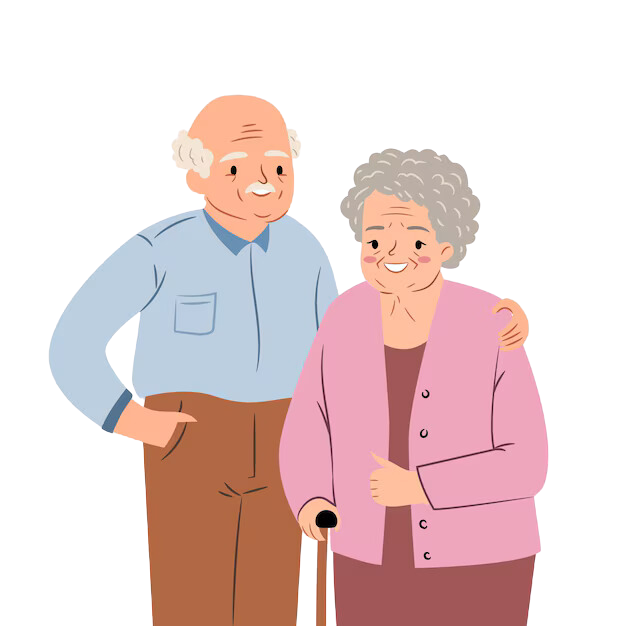Social Wellness Explained
- jessicaaqian
- Oct 1, 2024
- 5 min read
What is Social Wellness?
Social Wellness is about "developing and maintaining positive interactions with other people and with local and global communities". It contains not only our own individual wellness, but also our relationship with others - friendships, romantic relationships, familial connections, as well as our extended community.
Some signs of high Social Wellness include:

Healthy balance of work & social time
Remembering to have fun
Having a social support network of friends & family
Setting & maintaining healthy boundaries
Maintaining and developing friendships
Why does it matter?
There are 3 main elements in well- There are 3 main elements in well- There are 3 main elements in well-being that are positively affected by high social wellness:
Behavioural
Positive relationships can influence our behaviours in positive manner. Positive relationships can influence our behaviours in a positive manner. An example is befriending & interacting withpeople manner.
An example is befriending & interacting with people with healthy habits can in turn motivate us remind and motivate with healthy habits can in turn motivate us remind and motivate us to live healthily!
Psychosocial
Positive relationships in the form of social support reduces stress and improves mental well-being, thus preventing diseases and improves mental well-being, thus preventing diseases associated with stress.
Physical
Positive relationships improves our physical health, such as boosting our immune system response.
How do I improve my social wellness?
There are many ways to improve your social wellness, including:
Practicing open and honest communication in relationships
Setting healthy boundaries in relationships
Reflecting on your current relationships
Reaching out and keeping in touch with your community
Joining new organisations or interest groups to expand your social circle
2. What is my Social Wellness Level?
Different people have different conceptions of social wellness. In general, there are a few dimensions of social wellness, which includes maintaining healthy are a few dimensions of social wellness, which includes maintaining healthy connections with your social circles as well as yourself. Take a look at the connections with your social circles as well as yourself. Take a look at the following checklist to see if you're keeping up with your social wellness!
Wellness Checklist
Are you forming and building healthy relationships with others?
You have a supportive network of close friends and/or family
You enjoy the time you spend with others
You are able to maintain & develop friendships and relationships
You are able to be caring & empathetic towards others
You treat others with respect
Do you engage your loved ones positively & vice versa? Do you engage your loved ones positively & vice versa?
You give your friends & family undivided attention when you are with them
You encourage others to share their thoughts & try to understand their perspectives
Your loved ones provide you with support during difficult times& provide value to your life
You're alright with being alone at times, and you know you can count on the support of others when you need it
Wellness Checklist
Are you involved with your community?
You volunteer in social & community activities projects
You are compassionate & try to help others when you are able to
You are engaged with others in your community
You participate in local hobby groups
Conclusion
Social Wellness encompasses healthy & positive relationships with one's social circle and community, as well as establishing & communicating your own personal boundaries, and taking time for yourself!
There are many aspects to social wellness-do not fret if you feel that your relationships with others & your community do not seem ideal
Take small, incremental steps to work on aspects of your social wellness that you wish to improve!
3. Isolation & Quarantine, and its effects on social wellness

So what is Social Isolation?
There are 2 types of social isolation:
External Isolation
Focuses on frequency of interactions with others
Internal Isolation
Regarding a person's perception of loneliness, trust and relationship satisfaction
It's important to consider both because it is possible to feel isolated even It's important to consider both because it is possible to feel isolated even when you're around others, or not to feel lonely when alone and to be when you're around others, or not to feel lonely when alone and to be perfectly content being on your own! Figuring out which is the case for perfectly content being on your own! Figuring out which is the case for you comes down to checking in with yourself and figuring out your you comes down to checking in with yourself and figuring out your comfort zones.
Past a certain point, social isolation can become unhealthy and tends to past a certain point, social isolation can become unhealthy and tends to result in:
Decreased life satisfaction
Greater levels of depression
Lack in general psychological well-being
Apart from just affecting the mind, it can also affect your bodily health such as the cardiovascular (heart) & neuroendocrine (hormonal) such as the cardiovascular (heart) & neuroendocrine (hormonal) systems. Thankfully, high quality relationships can help us live a longer systems. Thankfully, high quality relationships can help us live a longer & happier life - a few high quality relationships are more beneficial than & happier life - a few high quality relationships are more beneficial than having many multiple unhappy ones.
Social exposure is important for young children & adolescents!
When young, the influence of caregivers & peers play When young, the influence of caregivers & peers play a big role for young children & adolescents in developing social & emotional maturity, as well as discovering their identity. Naturally, social exposure discovering their identity. Naturally, social exposure during these times is especially important.
With the lack of social exposure, this has a two fold impact:
Social isolation itself that becomes a stressor
That there is a lack of stimulation
In extreme cases of social deprivation, it modifies brain development In extreme cases of social deprivation, it modifies brain development & behavioural tendencies (proven via animal research). Since the brain views social isolation as stressful, it induces a stress Since the brain views social isolation as stressful, it induces a stress response that changes the brain chemistry, and in turn, influencing response that changes the brain chemistry, and in turn, influencing motivation & reward systems.
This can result in downstream effects such as increased anxiety & hyperactivity. In the long run, social isolation also prevents the hyperactivity. In the long run, social isolation also prevents the opportunities to learn social cues, mannerisms, norms, etc., which opportunities to learn social cues, mannerisms, norms, etc., which can greatly affect their social functioning long-term. can greatly affect their social functioning long-term. So it is important to ensure to let young individuals go out, explore & learn more about the world because it is in fact, the perfect time for them to do so.
What about the Elderly?

As one ages, they usually face due to increasing external isolation due to circumstances such as retirement, decreased mobility, loss of family or friends, etc. Due to this, a lot of focus in the field mainly caters towards the effects the social isolation on the elderly. Research shows that in adults aged 50 and older, social isolation is about as strong as factors like smoking & obesity in increasing the risk of a premature death.
Poor social relationships are also associated with increased risk of:
Dementia
Stroke
Heart Disease
Greater risks of depression, anxiety & suicide
To help combat this, healthcare system are key and doctors recommended to keep an eye out for signs of loneliness and social isolation.
Quarantine & Social Isolation
While COVID-19 quarantine measures put in place were not extreme, it was still a period of increased worldwide social isolation that never happened before.
Certainly, some individuals feel the effects of quarantine differently to others – others may be more comfortable some may be socially outgoing in nature and struggle with social distancing measures, being alone and handle it better.
Thankfully, due to the internet and social media, the impact of increased social isolation due to COVID-19 is lessened. Many turned to the use of social media not only to keep in contact with friends and family, but also to seek support when needed.
Having grown used to social distancing measures, it can be a struggle for some of us to adjust back to how things were before COVID as measures begin to relax.
As the world tries to move back to the norm, keep an eye on yourself, your social wellness, and how comfortable you are during quarantine or busy social periods.
Ultimately, taking care of your social wellness levels is a personal balancing act that can be achieved and maintained by constantly checking in with yourself.
Written by: Jacqueline








Comments